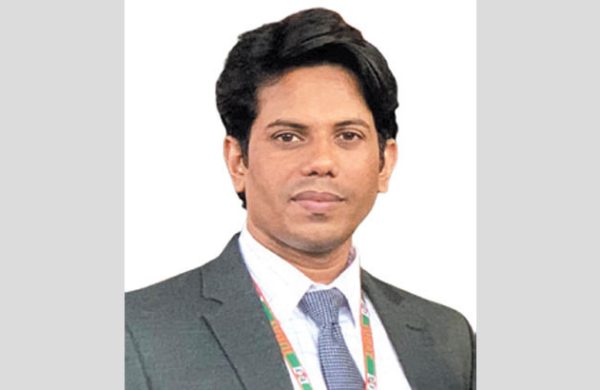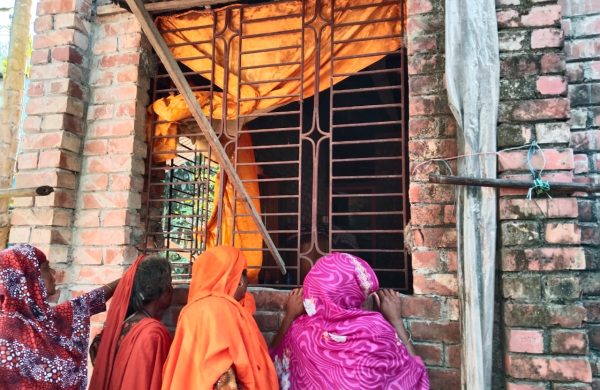Dhaka and New Delhi have much to gain from a positive bilateral engagement
- Update Time : Thursday, February 6, 2025

–Md Touhid Hossain—
Relations between Bangladesh and India have reached a critical juncture following the ouster of the Awami League regime in a student-led mass uprising in July-August 2024. It seems to me that the Indian establishment failed to anticipate the fall of the Sheikh Hasina government. It is, nevertheless, necessary to remind ourselves of the common interests and collaborative possibilities between our two nations. Professor Muhammad Yunus, the Chief Adviser and head of the interim government, and I are willing to work with due seriousness to build on the positive aspects of the bilateral relationship and pragmatically address areas of tension and misunderstanding.
Our position has been clear from the outset: We want a good working relationship with India based on mutual respect. We hope and expect that our counterparts in India will reciprocate our desire. The December visit of Foreign Secretary Vikram Misri to Dhaka was a step in the right direction. The history of collaboration between our nations goes back to the birth of Bangladesh, and its continuation will be beneficial to the people of both countries.
Beginning with the last decade of the 20th century, India has achieved remarkable feats, be it its vibrant technology sector with global influence or its economy, which is now the fifth-largest in the world. Bangladesh, too, has its areas of noteworthy achievements. Our garments exports are second only to China. Our contribution to UN peacekeeping outnumbers any other country, providing essential services in hotspots throughout the world. Microcredit models developed here by Professor Yunus, Nobel Laureate, have influenced the creation and growth of a global industry, and been adapted on a massive scale in India.
A lot of noise has been created in India about the treatment of Hindus in Bangladesh. During the vacuum that existed between the fall of the previous regime on 5 August 2024, and the appointment of the interim government, the law and order situation in the country was not under complete control, and untoward incidents did take place. These particularly impacted people closely connected to the previous regime, most of them Muslims, but also including Hindus. On assuming power, the interim government took stern steps against the perpetrators of such crimes. Citizens throughout the country also stepped forward to courageously and successfully protect Hindu families and temples. Unfortunately, the Indian media and cyberspace have continued to create negative hype by publishing and repeating grossly exaggerated and often completely false allegations.
The interim government of Bangladesh is committed to the protection of the rights of every citizen irrespective of their faith, and the Hindus in Bangladesh are equal citizens with equal rights. We were pleased when an independent survey conducted by Voice of America found that nearly two-thirds of our population believed that the treatment of minorities had improved under the interim government. We seek to be a model for communal harmony for South Asia and beyond. We invite Indian journalists to come and report on what is going on without any restrictions. The Indian public can learn the truth from their unbiased investigations.
The interim government has made sincere attempts to revive SAARC, the regional association that has been defunct for more than a decade. The Indian response so far has not been positive. We don’t believe India has anything to fear from this effort. We know it will take a long time to realise the full potential of cooperation among South Asian nations. But a thousand-mile journey begins with a single step. As a first step, can’t our leaders simply pose for a photograph together at the next global gathering to signal our long-term commitment to regional collaboration?
Despite challenges, we have seen some hopeful green shoots in the bilateral relationship, such as the recent exchange of fishermen and the signing of a trilateral agreement that will allow Bangladesh to access a small amount of clean hydroelectric energy from Nepal. Let’s build on these positive steps to craft a partnership that benefits both of our peoples, the region and the global community. A good start would be stopping the practice of killing unarmed civilians at the border. Our peoples have too much to gain from positive and pragmatic engagement for us not to seize this opportunity.
———————————
The writer is foreign adviser to the interim government of Bangladesh



















